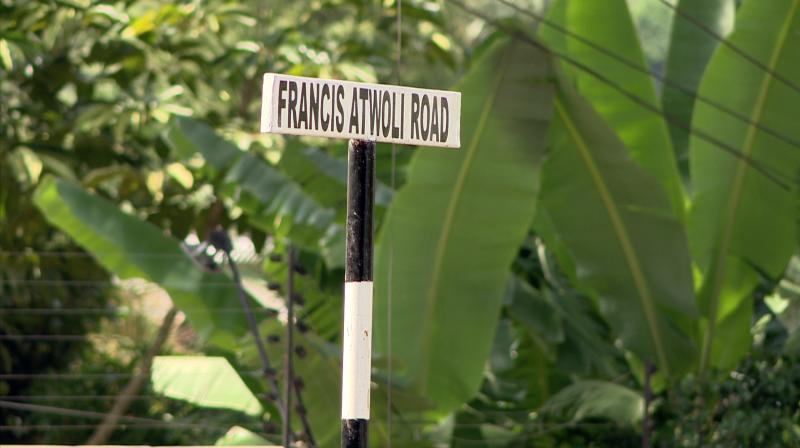×
The Standard e-Paper
Smart Minds Choose Us

Many years ago, there was a plan to introduce tea-picking machines in Kenya, and the reaction was typically Kenyan, with everyone talking and everything getting lost in the noise.
Early in the week, we witnessed such noise when a road in Nairobi’s Kileleshwa, a suburb which is increasingly becoming a concrete jungle and an architectural Tower of Babel, was named after Francis Atwoli, the Cotu secretary general.